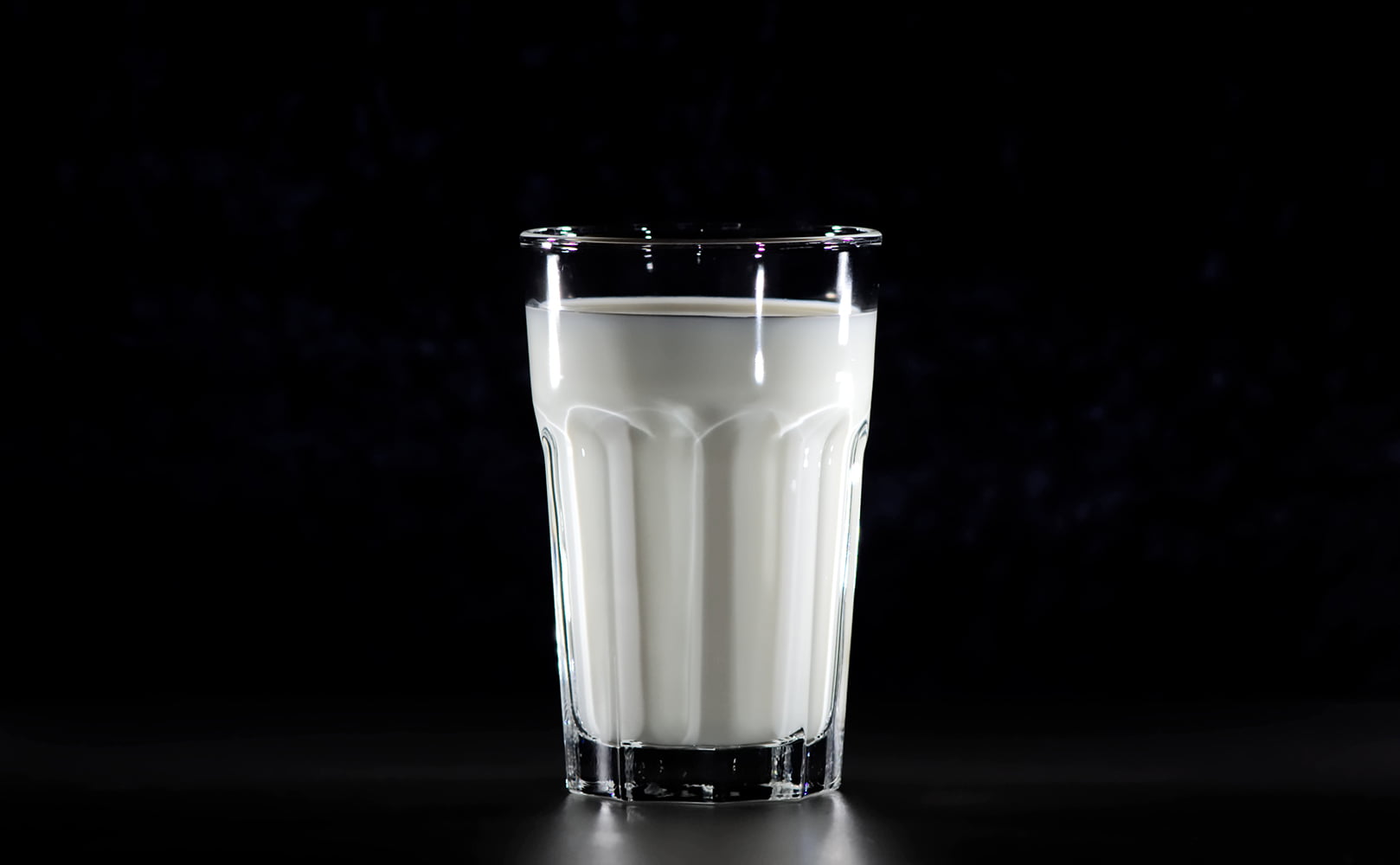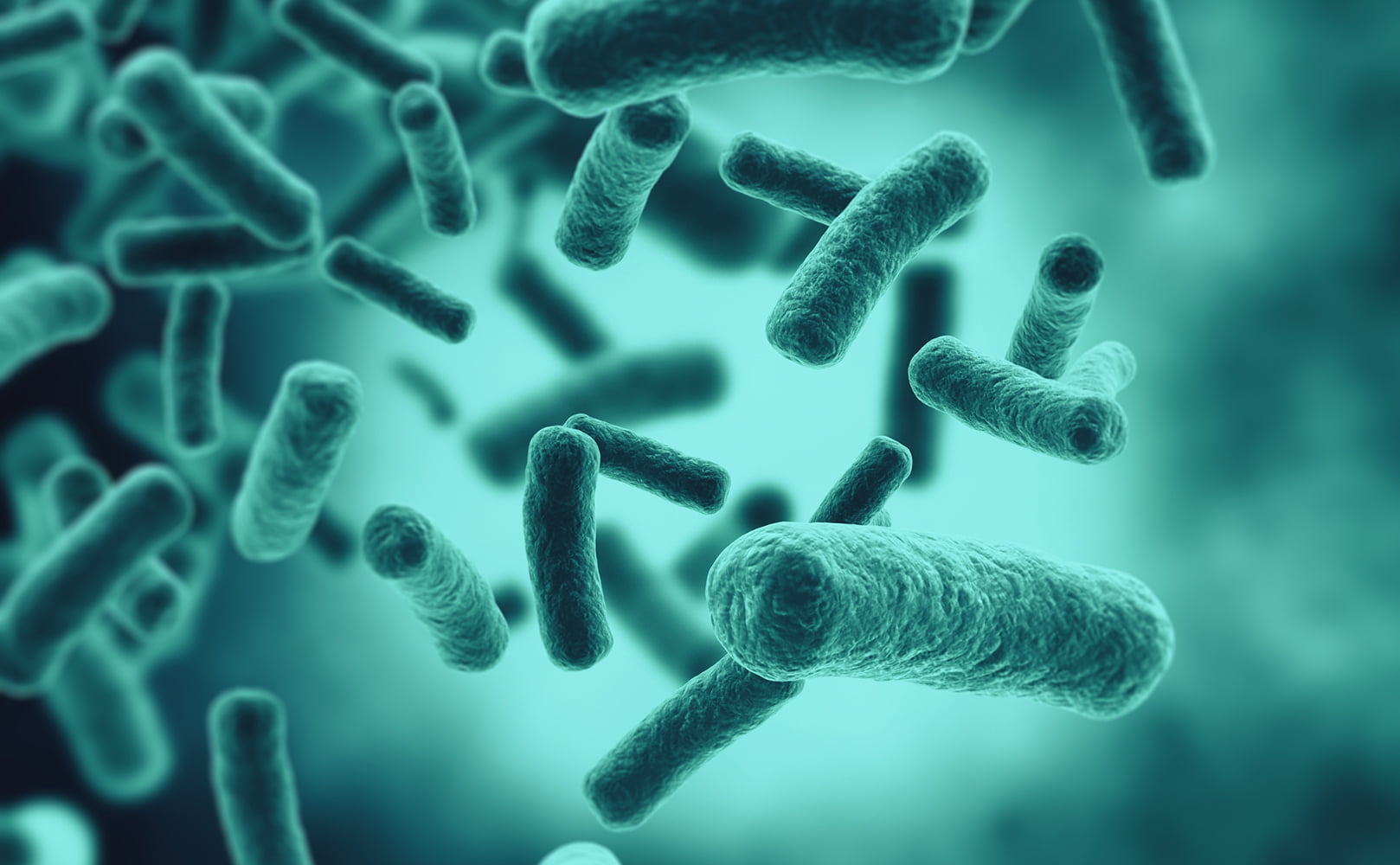Why Does Your Water Taste Bad? Weird & Funny Tastes Explained
Written by: Gene Fitzgerald // Last Updated: Feb 2, 2023
This page may contain affiliate links. If you buy a product or service through such a link we earn a commission at no extra cost to you. Learn more.
Pure H2O that contains zero minerals or any other kind of impurity is completely tasteless. This is why even only tiny amounts of salts or chemicals in water causing the smallest change in taste can be noticeable.
It is also why we have so many waters that taste different, because water is never 100 percent pure – far from it.
Of course, it can also happen that you perceive a bad, weird or funny flavor that you have never tasted before. Is there something wrong? Today’s post explains why some waters taste the way they do and what you can do about it.
Tap, Well, Bottled – Why Does Water Taste Bad?
When we talk about bad taste, we first need to differentiate between tap, well and bottled water, as they are all prone to their own common contamination issues.
- Tap water is usually disinfected with chlorine or chloramine. This can create the characteristic “swimming pool” taste and odor. Above that, tap water travels a long way from the treatment plant to your home. The water source and the piping affect the taste of what comes out of your taps.
- If you have your own private well we are almost always talking about groundwater. Groundwater reacts with aquifer rocks and sediments as it moves underground. These geochemical processes leach constituents into the water which are perceptible at high-enough concentrations. This also means that well water is always subject to change. As a result, taste characteristics can vary.
- And probably most of us can associate bottled water with an unpleasant plastic taste.
In other words, the potential bad taste of water depends on where it originates from.
It Might Be You
It could be that you are the “reason” for the problem at hand. You might have a bad cold which influences your perception of taste. What’s more, people that just had their wisdom teeth removed might suffer from an impaired sense of taste. Fortunately this is only temporary in most cases. Water and other liquids tasting bitter is something that some chemotherapy patients experience.
So generally speaking, you might have to deal with taste issues due to physiological reasons. By the way, pregnancy is another one.
Furthermore, we have to remember that taste is subjective at least to some degree and you simply might have a very keen sense of taste. It’s also entirely possible that a certain water tastes weird to you, but someone else likes it and vice versa.
With all that said, below is a list of flavors that your water might have. We provide possible explanations for each (exempt physiological and health-related causes) and also what you can do about them. At the end you will find some general advice to follow.
1. Water Tastes Like Chlorine (Bleach)
Chlorine or bleach is probably the most common flavor in tap water. Some people may also describe the taste as “chemical”.
As already mentioned, municipalities use chlorine or chloramine to disinfect their water supply. This step is essential to make the water safe to drink. However, in excess amounts chlorine in particular makes water taste and smell like a swimming pool.
Chlorine taste can also be the aftermath of shock chlorination of a well.
The good news: Chlorine taste and odor can easily be removed with a basic carbon water filter – unless you are dealing with chloramine; here you will need catalytic carbon. Both filter types are available in many different forms and sizes, either for the point of use (e.g. under sink water filter) or the point of entry (whole house water filter).
With chlorine, heating the water for several minutes (distilling also works) or simply letting it sit for a while helps too. And so does adding Vitamin C – think fruit infusion. Vitamin C is also great for neutralizing chloramines. Another viable but less common alternative is UV light treatment which reduces chlorine and chloramines into easily removable byproducts. Chloramine removal through boiling is also possible.
2. Water Tastes Bitter
Water that tastes bitter is often acidic and thus high in dissolved metals, first and foremost copper and zinc, as acidity accelerates corrosion of pipes and fittings. We recommend you have your water tested ASAP, especially the water pH. Corrosion could result in elevated lead levels which is highly dangerous.
Copper and zinc can also come from an aging water supply system, an old water tank or heater, or from a wrong combination of plumbing materials.
In general, the bitter taste will likely be most obtrusive in the morning when you first open a tap. This is because the water has been sitting in the line all night. Run the tap for some time to draw fresh water in.
If you are on well water, naturally occurring iron and manganese are probably the culprits. The latter is responsible for a bitter metallic taste. Another possible cause is high sulfate content. (Source)
What can you do?
- For iron and manganese, have your water tested first. You need to know what type(s) of iron you are facing. In addition, test for hydrogen sulfide and iron bacteria. Lastly, determine water pH, temperature and alkalinity as well as dissolved oxygen content. Then you can choose the best iron filter tailored to your situation.
- Copper and zinc can be eliminated via ion exchange, reverse osmosis, activated charcoal filtration or distillation.
- Lead can be taken care of using a reverse osmosis system (find the best reverse osmosis systems here), a carbon filter or a distiller.
- A neutralizing filter or liquid injection system can be used to balance water pH. Both are point-of-entry systems and solve the corrosion problem for your entire plumbing.
3. Water Tasting Like Metal
Also see: 2. Water Tastes Bitter
A metallic taste indicates the presence of metals such as iron, copper, zinc or manganese.
They may be naturally occurring, originate from an aging water system or wrong combination of plumbing materials, or enter your water due to corrosion if the pH is outside acceptable ranges.
4. Water Tastes Like Blood
Also see: 2. Water Tastes Bitter
The taste of water high in iron content can resemble blood.
5. Milky Taste
Water with a lot of calcium may remind you of milk, but this is only speculation.
6. Water Tastes Like Plastic
Water that tastes like plastic is usually bottled water stored in plastic containers. Simply put, tiny plastic parts leach into the water over time. This is all the more noticeable in hot weather which amplifies the process.
Our only recommendation is to stay away from bottled water that comes in a plastic container.
If it’s tap water that tastes like plastic it most likely has to do with plastic piping. It’s the most popular plumbing material today since it is so cheap and easy to install. If installed only recently, chances are that the taste will disappear with time (flush thoroughly). If not, have a plumber check the pipes.
In case the taste reminds you of an antiseptic your dishwasher or washing machine might be causing the issue. Were they installed properly? They should also have a check valve to prevent backflow.
7. Waster Tastes Dirty
Algae blooms or bacterial growth in the water system you are connected to or your own plumbing can result in dirty tasting water.
For more information check: 11. Earthy, Musty, Moldy Water.
But maybe the most obvious answer is correct: There actually is dirt a.k.a. sediment in your water. If so, you should see tiny particles floating in your glass. The solution? Get a sediment filter.
8. Why Does My Water Taste Sweet?
Calcium, iron or imbalanced water alkalinity or pH levels can have a sweetening effect, believe it or not. The same goes for certain types of plumbing.
Try flushing your system. If that doesn’t help look into the various water treatment methods mentioned in this guide.
9. Sour
Sour water is acidic, so water with a low pH. Acidity not only accelerates corrosion of pipes and fittings causing leaks, it could also elevate levels of toxic lead. Have your water tested ASAP!
For more information check: 2. Water Tastes Bitter.
10. Soapy
Soapy water is a rare phenomenon and may be caused by:
- Your dishwasher or washing machine – Due to a broken check valve the wastewater stays in the water supply for too long. Replace.
- Deterioration of flexible hoses – Replace.
- Backflowing issue – Investigate.
- Septic tank leakage – Investigate.
- (Bottled) water with high pH – Switch brand.
11. Earthy, Musty, Moldy Water
An earthy, musty or moldy taste is often an indicator for seasonal algal blooms in the source water. Now, due to the fact that municipal water gets proper treatment no algae will make it to your home, but the taste may linger for a while.
Other possible explanations are bacterial growth or decaying organic matter within the water system and water bodies as well as the soil the water filters through in case of well water. Or it’s the well itself and thus time for another shock chlorination to get a start fresh.
A third possibility is infestation of your own plumbing system or fixtures. Check if every outlet in your home has the same dirt-like taste or if it’s an isolated problem. It might also be that the resin bed of your water softener needs cleaning, or your tank water heater.
The fault lies within your entire plumbing? Flush with bleach solution and make sure to soak faucet aerators for 15 minutes. If it’s a single source remove the aerator and clean it. A bath in bleach solution or vinegar may be necessary.
You should also consider having your water tested for microbes.
A water filter system based on activated carbon will most likely be able to take care of the taste issue. Reverse osmosis works, too. Although funnily enough, if you already have a filter system installed it could be the root of the problem in case it has been neglected for too long. Mold, mildew, bacteria and the like might have accumulated in the filter itself and/or other parts so that you need to do some cleaning and replace the cartridge.
12. Salty
High concentrations of chloride, sulfate or Total Dissolved Solids make water salty.
- Chloride can be naturally occurring but also results from industrial waste and irrigation drainage. What’s problematic about it is that it can corrode pipes.
- Sulfate is natural in well water. Or it may be the result of industrial waste.
Saltiness may also come from road salt, or salt water or sewage getting into the water supply. Especially the last two causes need to be addressed immediately.
A reverse osmosis system can handle saltiness with ease. And although in most cases the water will be safe to drink, it is important to have it tested for the above reasons.
If you have a water softener installed in your home it might use too much salt. Check the settings. There could also be something wrong with the regeneration cycle or the unit is malfunctioning in another way. Time to investigate!
General Advice
First Steps
A new, bad or strange taste or rather aftertaste doesn’t necessarily implicate that there is something wrong with your water. But it is definitely an indicator that you should pay attention. It could be a sign for potentially dangerous contamination that needs to be taken care of.
Stop drinking the water immediately. Then try a different water source. Maybe you can visit one of your neighbors? If it’s only your house where the off-taste appears you need to check your plumbing as well as your septic tank and private well if applicable. Consult a licensed plumber if need be. You should also consider having your water tested.
If the whole neighborhood has the taste, reaching out to your local municipality should bring clarity. Their annual water quality report might also point you in the right direction. And again, think about having some individual testing done.
Filtration
Testing or not, if you cannot identify and remove what’s causing your water to taste off your only option is to filter. Unless you know that it’s only a temporary issue and you have a suitable alternative for the time being. If it’s a permanent thing then you need to act.
On a side note: If you recently moved to a new location it might be that you just need some patience to get used to your new water. Like we said, different waters taste different.
Fortunately, most taste issues can be resolved with the right filter system. The impurities in question will be removed and you get access to delicious, odor-free water. On top of that, you will have peace of mind knowing that you are not ingesting noxious water day after day.
As for what type of water filter to choose, there are plenty of options and it really depends on what contaminants you are facing.
- An activated carbon filter is usually enough to make most waters taste much better. It’ also good for lead removal and takes care of a bunch of chemicals.
- Reverse osmosis provides the most thorough purification for almost pure H2O.
- Distillation is on par with reverse osmosis but usage is less convenient and the boiling process requires quite a bit of electricity.
- There also is a difference between point-of-use and whole house applications. Point-of-use units include under sink water filters, countertop filters, gravity systems, faucet and pitcher filters, distillers, shower filters, and refrigerator filters. A whole house water filtration system gets installed at the main line where the water first enters your home. Thus you have filtered water at every outlet.
Boiling, Aging, Water Infusion, Cooling
Some contaminants can be boiled out of water. Volatile substances dissipate if you let the water sit.
Fruit infusion or adding lemon or lime juice to your water can help, too. And so does cooling. But you have to be certain that the underlying contamination issue does not pose a health threat.
Questions? Don’t hesitate to ask – just leave a comment below!
Information provided on BOS is for educational purposes only. The products and services we review may not be right for your individual circumstances.
We adhere to strict editorial guidelines. Rest assured, the opinions expressed have not been provided, reviewed, or otherwise endorsed by our partners – they are unbiased, independent, and the author’s alone. Our licensed experts fact-check all content for accuracy. It is accurate as of the date posted and to the best of our knowledge.






